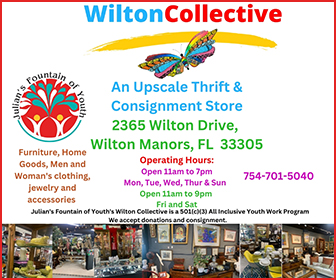
New Play Explores Familiar Family Dynamics
The premise of Erin K. Considine’s world premiere play will be familiar to many gay men of a certain generation: A gay son returns to his childhood home and must wrestle with the death of an abusive f...
Latest

Mich. Democrats Spar Over LGBTQ-inclusive Hate Crimes Law
Michigan could soon become the latest state to pass an LGBTQ-inclusive hate crime law, but the state’s Democratic lawmakers disagree on just what kind of law they should pass.
...

I'm a Closeted Bottom. Help! | Advice
I come from a small town, and I have always been a pretty masculine guy.
...
Follow Us

Mich. Democrats Spar Over LGBTQ-inclusive Hate Crimes Law
Michigan could soon become the latest state to pass an LGBTQ-inclusive hate crime law, but the state’s Democratic lawmakers disagree on just what kind of law they should pass.
...

Senate Committee: Republican Attorneys General Abused Power Demanding Trans Medical Records
In a 10-page report released on April 16 by staff for the Democratic majority of the U.S. Senate Finance Committee, the Republican attorneys general of Tennessee, Missouri, Indiana, and Texas are accu...






























